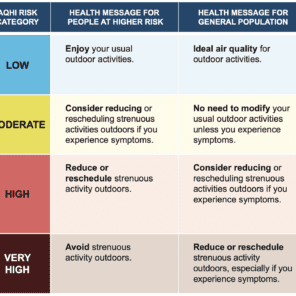Client: Fisheries and Oceans Canada
Listing of the client in no way affirms the client's support, sponsorship, or validation in any form of Risk Sciences International or the RSI staff member(s) who conducted this project during their stay with RSI or prior to joining the company. This case study is displayed for informative purposes only to demonstrate the capacity of RSI staff members. This case study reveals no proprietary information or information deemed sensitive.
Marine Planning and Conservation National Ecological Risk Guidance: Risk Communication Expertise
To support the refinement and implementation of its ecological risk guidance, a federal department responsible for marine conservation engaged expert assistance in risk communication. The primary objective was to ensure that the national guidance for ecological risk assessment—developed as part of the department’s marine spatial planning and marine protected areas initiatives—could be effectively communicated to diverse internal and external audiences.
RSI was engaged to fulfill two key roles: developing risk communication content tailored to three principal audiences (technical and decision-making internal groups, external partners and stakeholders, and the general public), and leading training sessions for internal practitioners. This work included attending a series of technical virtual meetings, offering insights on communication strategies, and contributing to the clarity and usability of internal documents and public-facing materials.
Activities involved reviewing and drafting sections of the guidance related to communication, consultation, and reporting, developing summaries for decision-makers, and proposing content for a public reporting template. RSI also led a dedicated risk communication session, which included training and facilitated discussion on best practices for conveying complex risk processes. Recommendations were grounded in interviews with internal practitioners, aiming to address communication challenges and improve transparency across audiences.
The overarching goal was to strengthen the clarity, consistency, and accessibility of the department’s risk guidance framework to enhance internal consensus and public understanding, ultimately supporting more effective marine planning and conservation efforts nationwide.
Experts related to this case study
More RSI Case Studies
RSI presents a very small selection of case studies to highlight some of its key work.
















